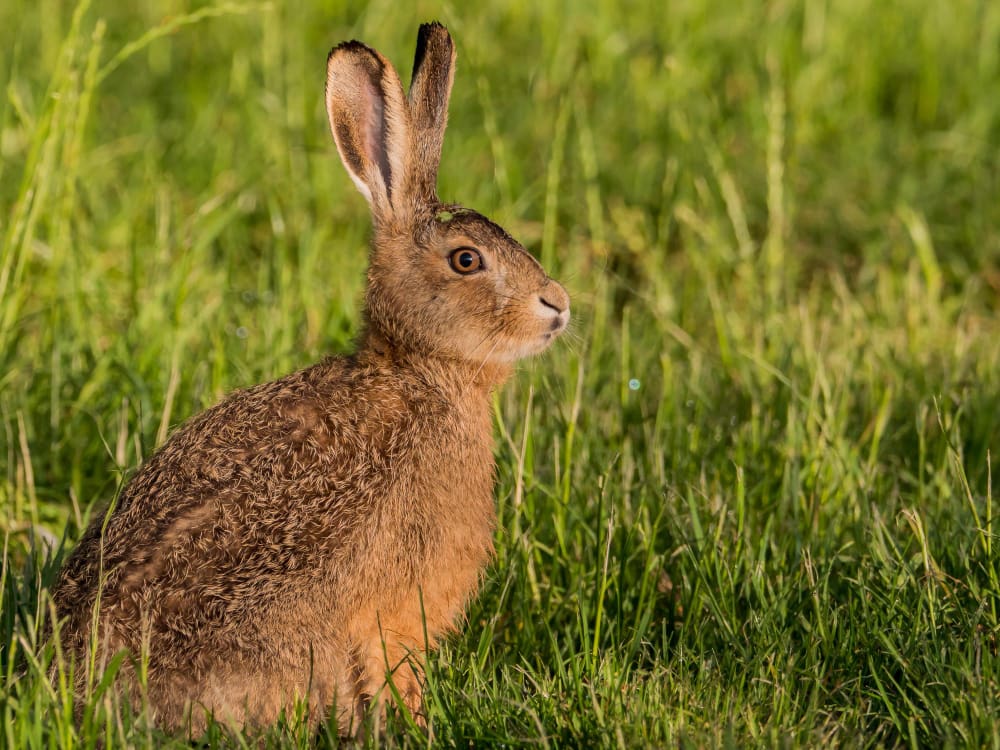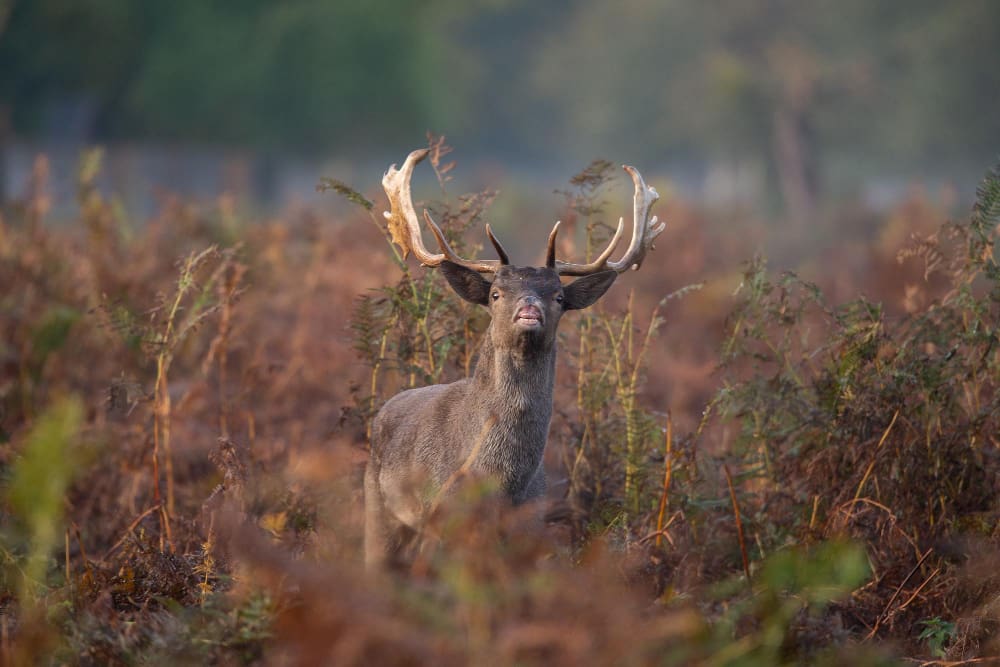Blog
How to Start Hunting: A Beginner’s Guide to Success

Hunting is a rewarding yet challenging activity that requires skill, patience, and the right knowledge to succeed. Whether you’re interested in hunting for sport, food, or simply embracing nature, the process of learning how to start hunting can be an exciting journey. In this blog, we will walk you through everything you need to know about starting your hunting adventure, ensuring that you get off on the right foot and are well-prepared for your first hunt.
1. Understand the Basics of Hunting
Before you head out into the wild, it’s crucial to understand the basic concepts of hunting. At its core, hunting is about tracking, understanding animal behavior, and using various tools to hunt ethically and responsibly. There are different types of hunting, including small game hunting, big game hunting, and bird hunting, each with its own set of techniques and tools.
Types of Hunting:
- Small Game Hunting: This typically involves hunting animals like rabbits, squirrels, or small birds. It’s an excellent starting point for beginners.

- Big Game Hunting: Targets larger animals like deer, elk, and bears. This requires more skill, equipment, and often permits.

- Bird Hunting: Focuses on hunting birds like ducks, pheasants, or quails, requiring specialized skills and tools like shotguns.
Hunting Laws and Regulations
Every state or country has its own hunting laws, including what animals can be hunted, hunting seasons, and required permits. Before heading out, make sure to research and obtain the necessary permits to avoid legal issues. Following regulations ensures that hunting remains sustainable and ethical.
2. Get the Right Gear for Your First Hunt
Hunting requires the right gear to ensure both safety and effectiveness. The type of gear you need depends on the type of hunting you’ll be doing, but there are some essential items every hunter should consider.
Essential Hunting Gear:
- Weapon of Choice: Depending on your hunting style, this could be a rifle, bow, shotgun, or crossbow. Each weapon has specific advantages and drawbacks, so choose wisely based on your target species and skill level.
- Clothing: Wear camouflage or neutral-colored clothing to blend in with your environment. Don’t forget sturdy boots, gloves, and a hat to protect yourself from the elements.
- Hunting Knife: A reliable hunting knife is essential for field dressing your catch.
- Binoculars: Binoculars are crucial for spotting animals from a distance without alerting them to your presence.
- GPS or Compass: It’s easy to get lost in unfamiliar terrain, so always carry a navigation device.
Investing in quality gear not only ensures your safety but also improves your chances of success in the field.
3. Learn About Animal Behavior and Habitats
One of the keys to being a successful hunter is understanding the animals you’re pursuing. Researching their behavior, feeding habits, and preferred habitats will help you identify where and when to find them.
- Know the Seasons: Animals have different behaviors depending on the season. For example, many big game animals are more active during the fall when they prepare for winter.
- Tracking and Sign Identification: Learning how to track animals is a vital skill. This includes recognizing footprints, droppings, and other signs like chewed plants or bedding areas.
- Preferred Habitats: Some animals prefer specific habitats. For example, deer often dwell in forests or near water sources. Understanding where they live increases your chances of spotting them.
4. Take a Hunter Safety Course
If you’re new to hunting, taking a Hunter Safety Course is one of the best ways to start. These courses teach you everything from firearm safety to how to properly identify game. They also emphasize ethical hunting practices, which is crucial for maintaining wildlife populations and respecting nature.
Many states and regions require hunters to complete these courses before obtaining a hunting license. Make sure to check local laws and sign up for a course in your area.
5. Start Small and Build Experience
Hunting is a skill that improves with practice. As a beginner, it’s wise to start small and gain experience before tackling larger and more challenging hunts.
- Start with Small Game: Begin by hunting small game, like squirrels or rabbits. These animals are easier to track and require less specialized equipment. Small game hunting also offers more frequent opportunities to hunt, giving you valuable practice.
- Join a Hunting Community: If possible, find a mentor or join a local hunting community. More experienced hunters can teach you valuable tips and tricks, plus provide a sense of camaraderie.
- Practice Your Shooting Skills: Shooting is an integral part of hunting. Regularly practice at the range to improve your aim and accuracy, ensuring you can make a humane shot when the time comes.
6. Scout Your Hunting Area
Preparation is key to any successful hunt. Before you head out into the field, take the time to scout your hunting area. This means visiting the area to familiarize yourself with the terrain and look for signs of animal activity.
- Look for Tracks and Signs: Pay attention to animal tracks, droppings, and other signs of wildlife activity. This will give you clues about where animals are feeding or resting.
- Observe Animal Patterns: Animals have patterns of movement, especially when it comes to feeding times. Understanding these patterns helps you plan your hunt more effectively.
7. Be Patient and Persistent
Hunting requires patience. It’s not unusual to spend hours or even days waiting for the perfect shot. As a beginner, don’t get discouraged if things don’t go as planned. Persistence is essential—keep learning, keep practicing, and keep refining your skills.
8. Respect Nature and Ethical Hunting Practices
Ethical hunting is about more than following the law. It’s about respecting nature, wildlife, and the environment. Always aim to make a humane kill and avoid waste. If you’re unsure about the ethical implications of certain hunting practices, consult with more experienced hunters or refer to the rules outlined in your state’s hunting regulations.
Key Ethical Practices:
- Use the Entire Animal: If you harvest an animal, make sure to use all parts of it. This reduces waste and shows respect for the animal.
- Follow Local Laws: Abide by local hunting laws, including bag limits and restricted hunting seasons, to ensure that wildlife populations are sustained.
- Leave No Trace: Always clean up after yourself and leave the environment as you found it. Respect the land, wildlife, and fellow hunters.
Schlussfolgerung
Learning how to start hunting is a rewarding process that combines adventure, patience, and skill. By understanding the basics of hunting, investing in the right gear, learning about animal behavior, and practicing ethical hunting, you’ll set yourself up for success. Remember, hunting isn’t just about the hunt—it’s about connecting with nature, respecting wildlife, and constantly improving your skills.
Ready to take the first step? Start small, stay patient, and enjoy the journey.
Happy hunting! 🦅
